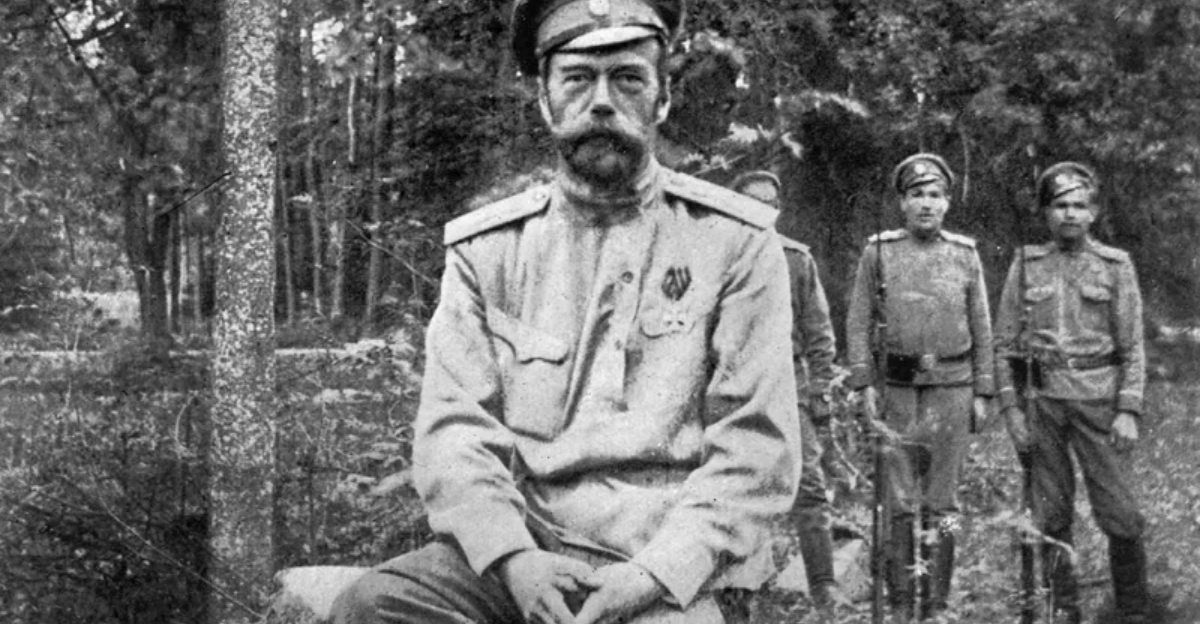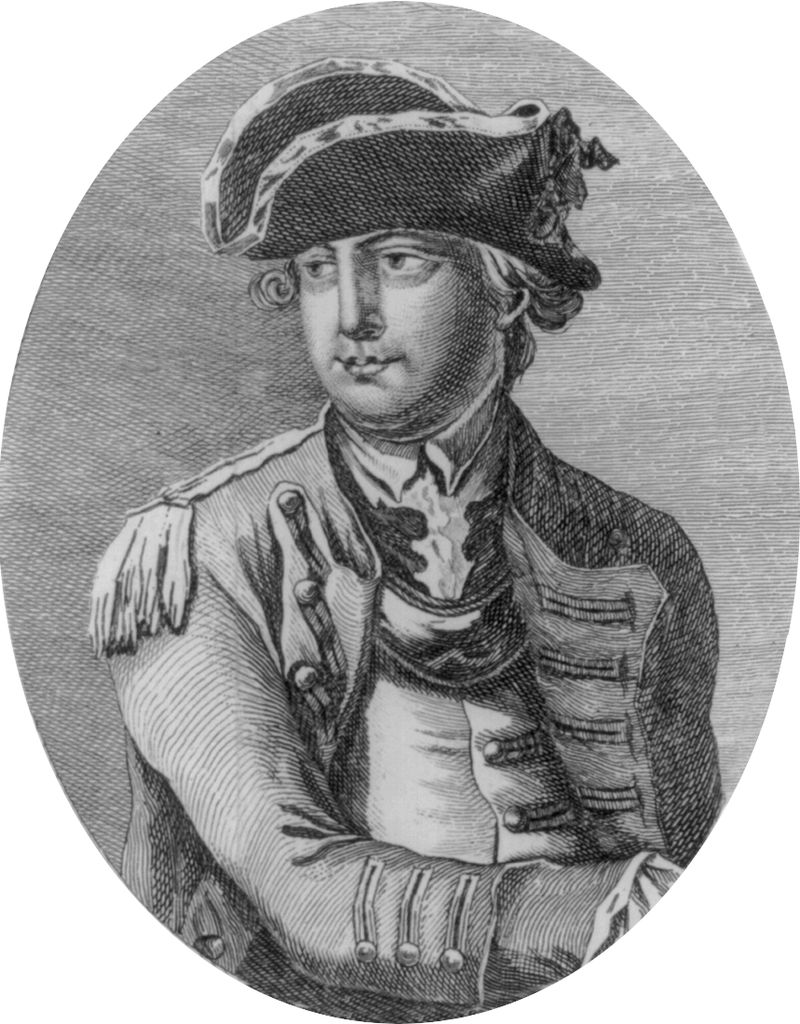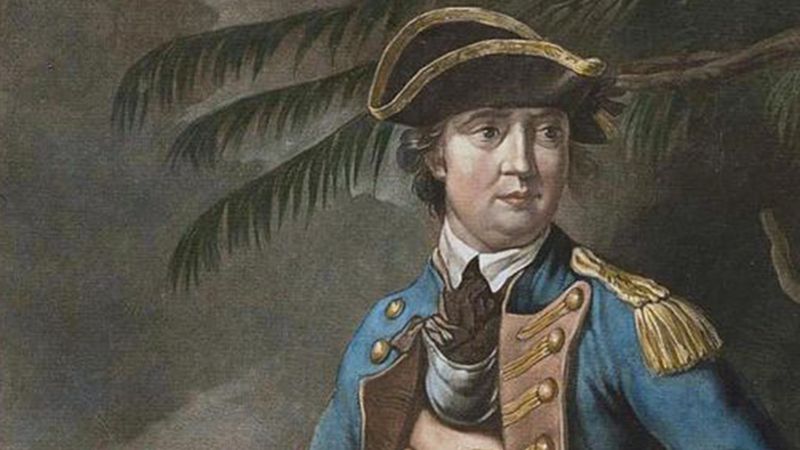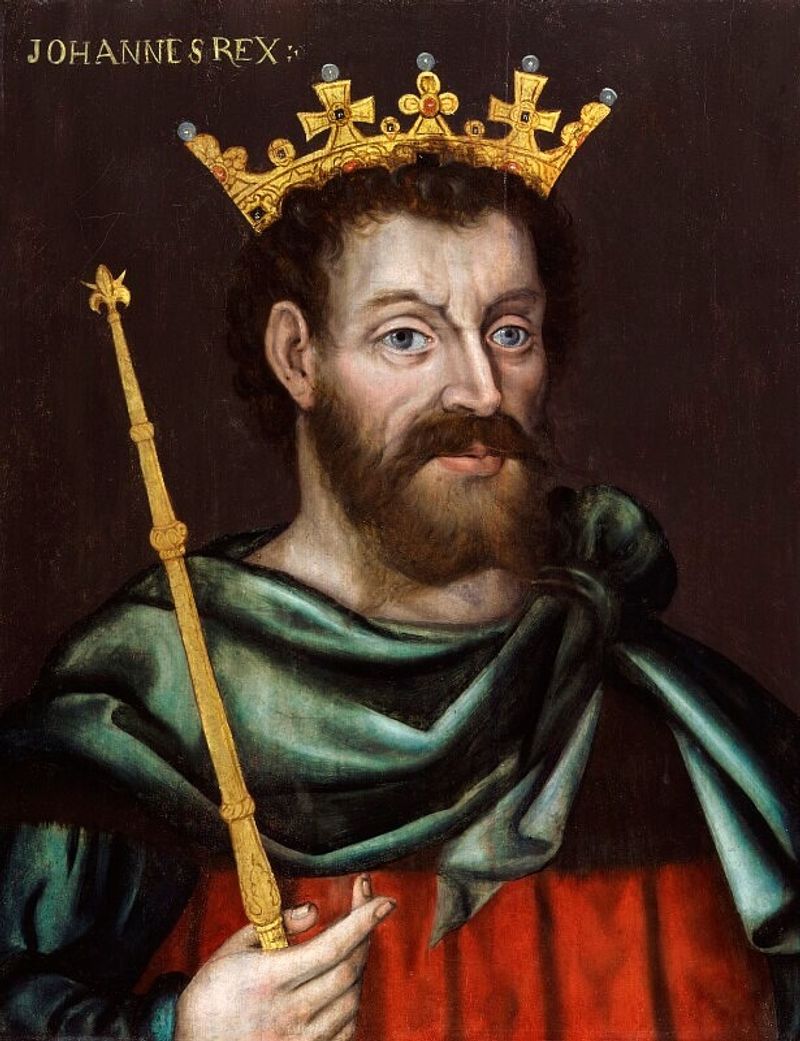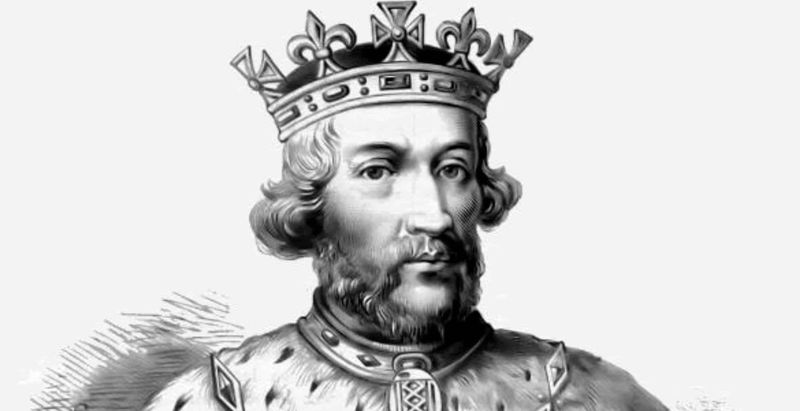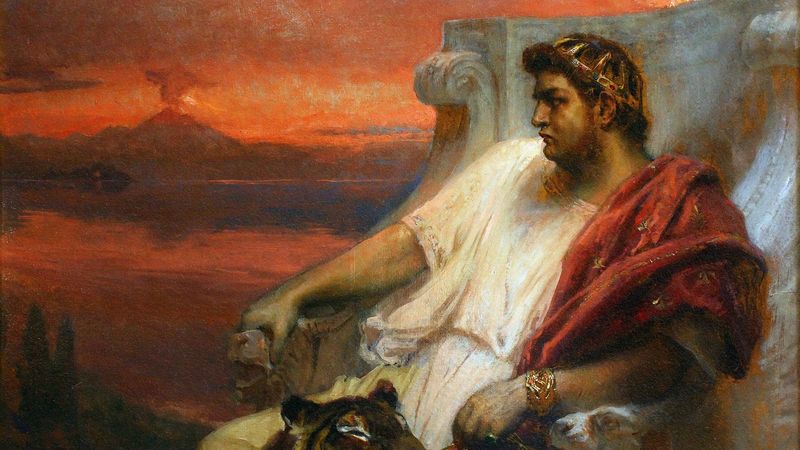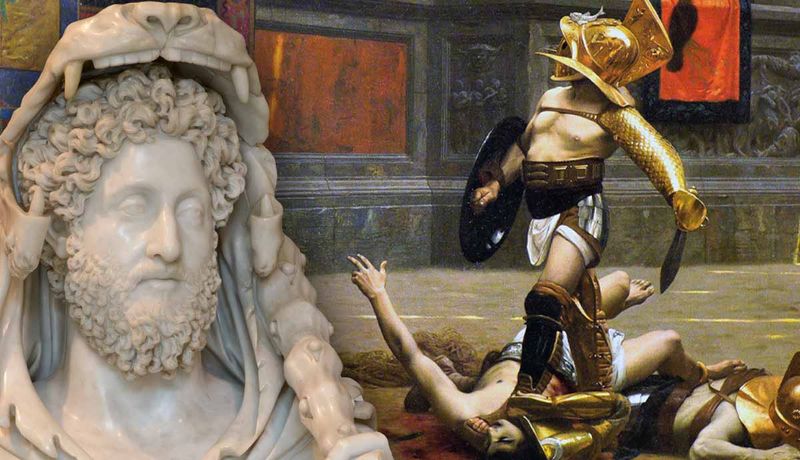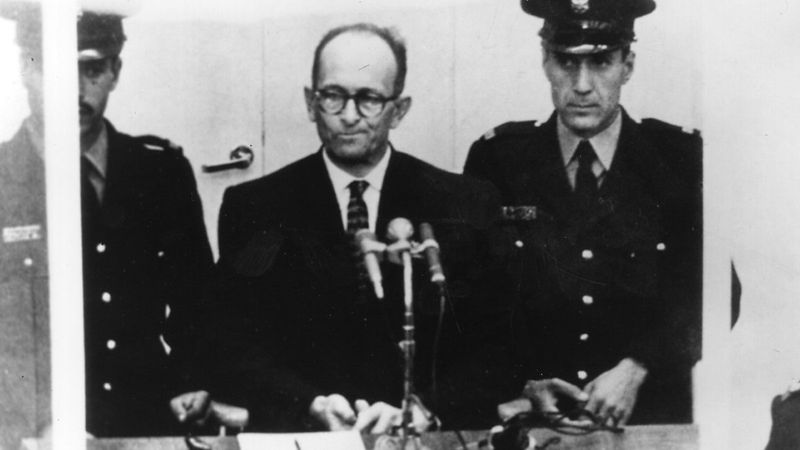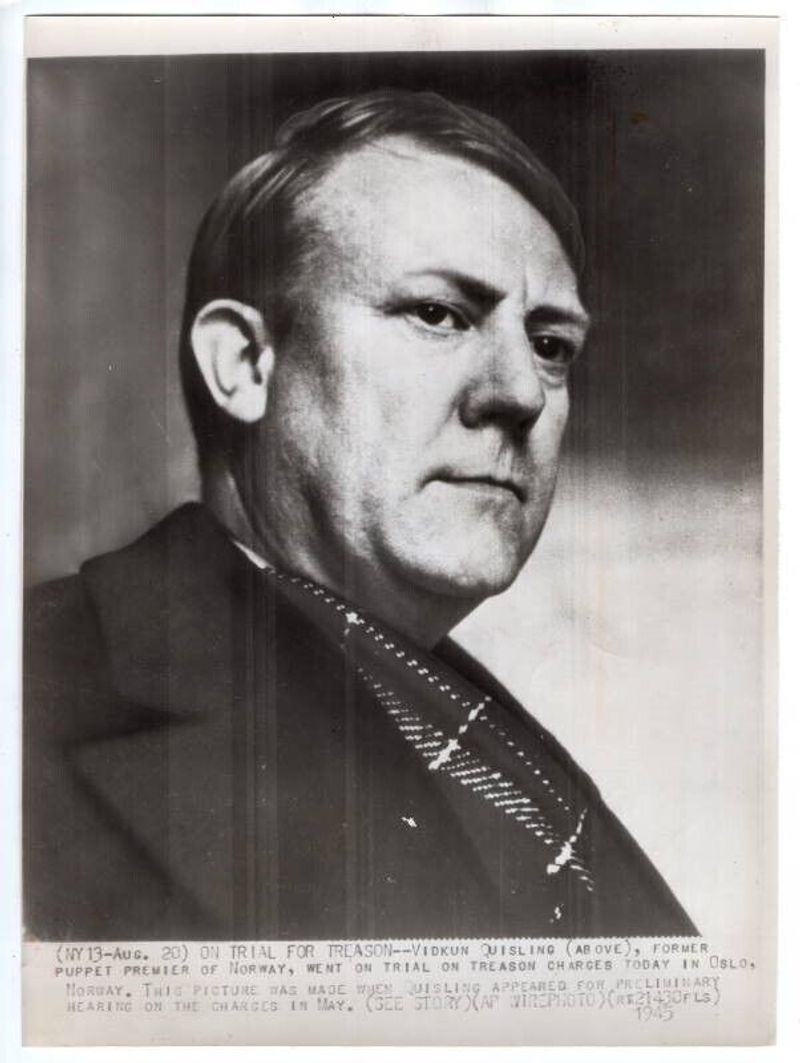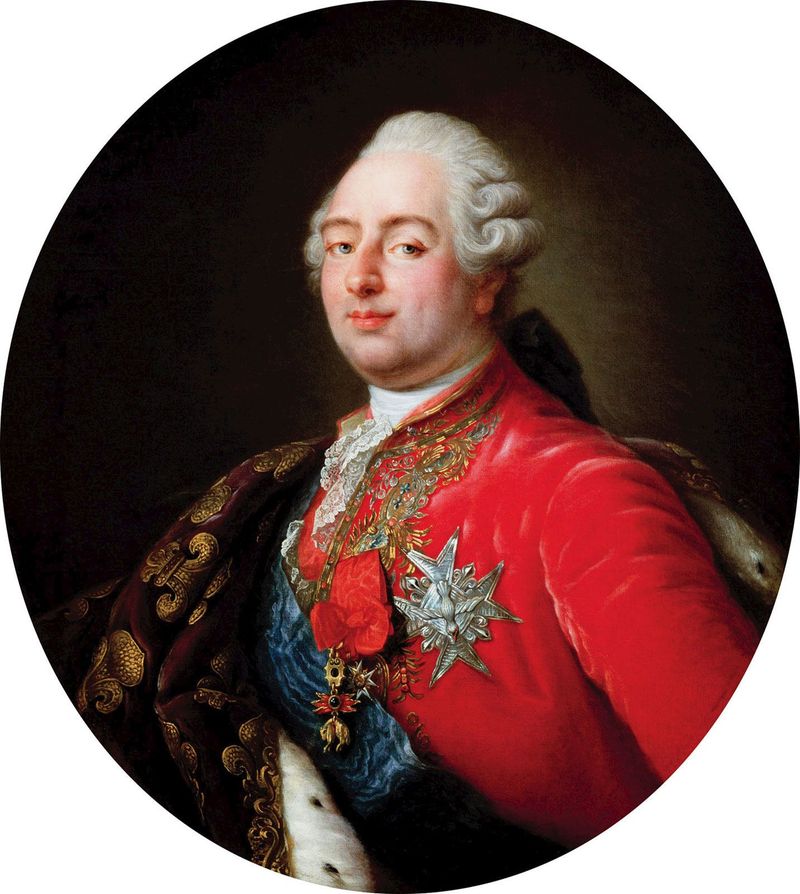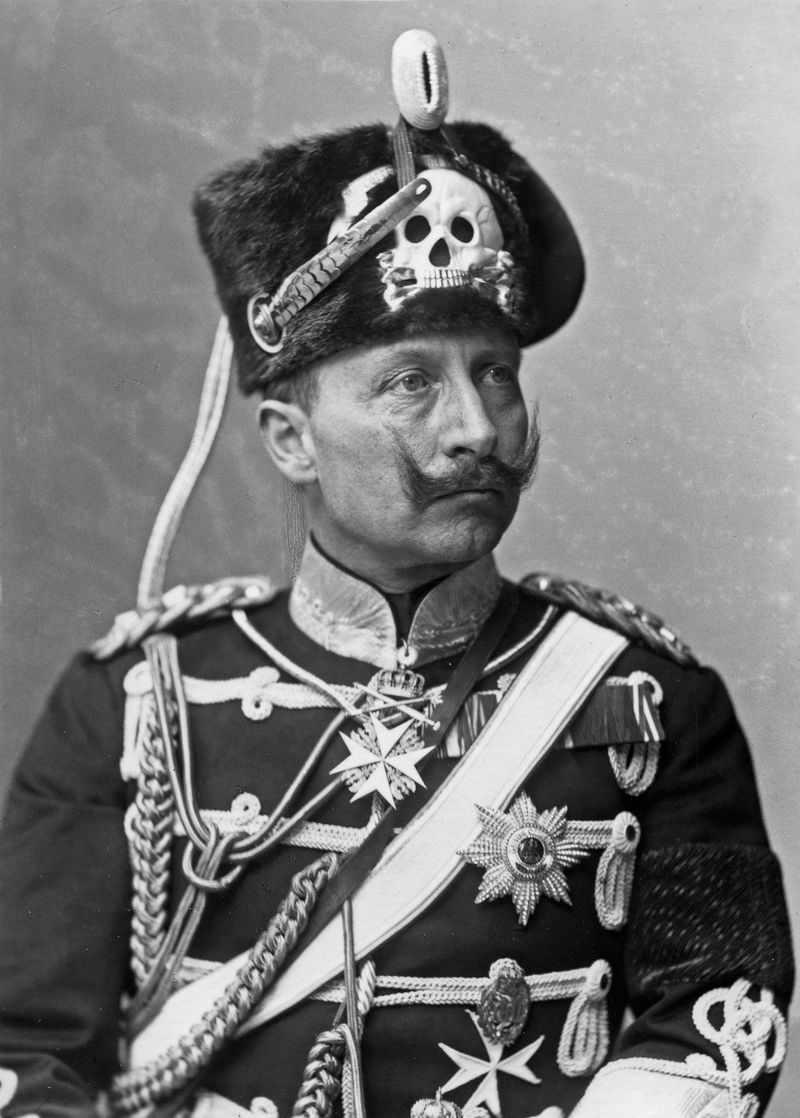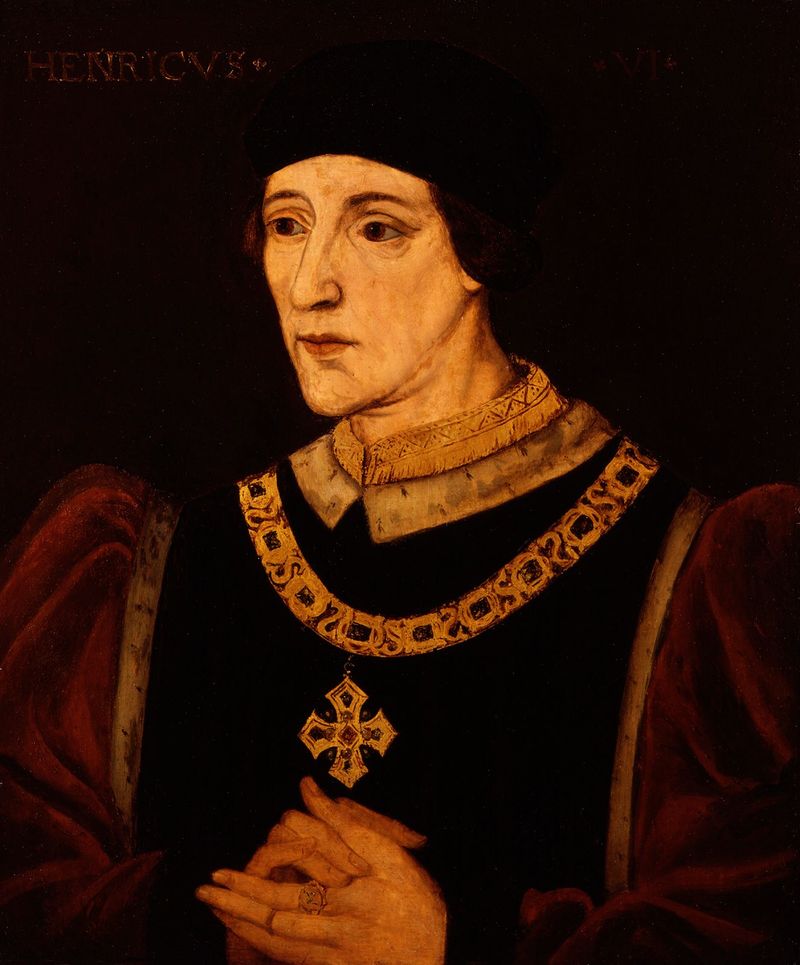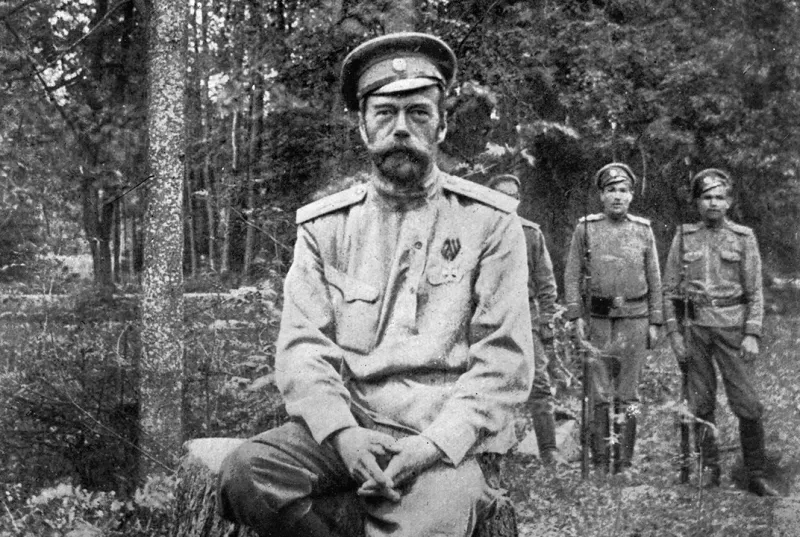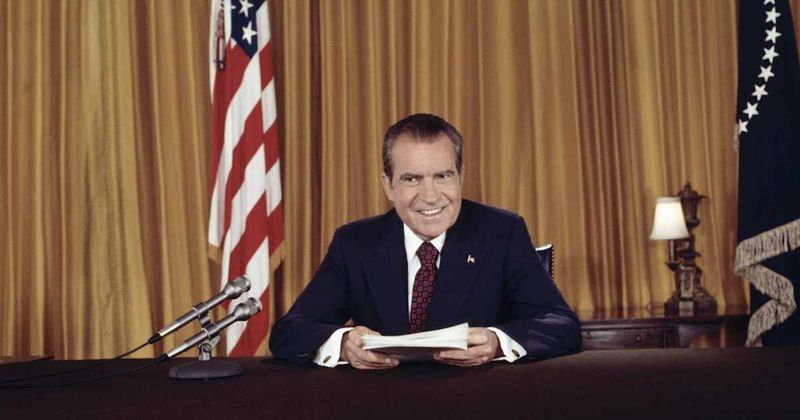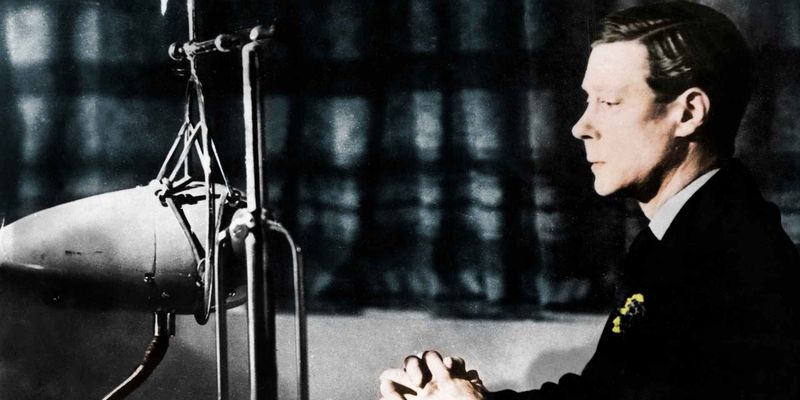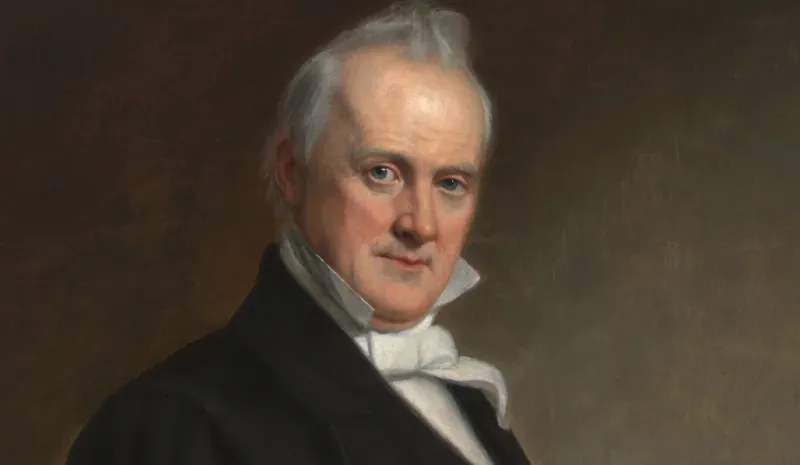Throughout history, certain figures have been labeled as cowards, while others view their cautiousness as a strategic virtue.
This blog post explores 15 historical figures who have sparked debates over their actions.
Were they simply cautious or genuinely cowardly? Let’s delve into their stories and find out.
1. General Charles Lee
General Charles Lee, a key figure in the American Revolutionary War, often found himself at the center of controversy. Known for his retreat at the Battle of Monmouth, his actions have been criticized as cowardly by some, while others argue he was merely being cautious.
His military career was marked by disagreements with other generals, leading to questions about his loyalty and bravery. Despite these allegations, some historians believe Lee’s tactical decisions were meant to preserve his troops.
Was he a coward or a careful strategist? The debate continues, painting Lee as a complex character of his time.
2. Benedict Arnold
Once a hero of the American Revolution, Benedict Arnold’s name is now synonymous with betrayal. His decision to switch allegiance to the British stunned his contemporaries.
Many viewed his defection as an act of cowardice motivated by financial gain and a bruised ego. However, some argue that Arnold’s actions were a result of feeling undervalued and marginalized by his peers.
The complexities of his character make Arnold a controversial figure, raising questions about loyalty and self-preservation. Was he truly a coward, or simply responding to his circumstances? His legacy is forever tainted by his choice.
3. King John of England
King John of England, best known for signing the Magna Carta, is often remembered as a weak and ineffective ruler. His reign was marred by military failures and political blunders, leading to widespread discontent.
Critics label him a coward for his inability to maintain control over his kingdom and his frequent retreats in battle. However, some historians suggest that his cautious approach was a desperate attempt to maintain his grip on power.
Was King John merely cautious, or did his lack of courage define his reign? The debate continues, adding layers to his historical image.
4. Edward II of England
Edward II of England’s reign was fraught with challenges, and his inability to assert authority is well-documented. Often seen as a weak ruler, his political and military failures contributed to his downfall.
Edward’s preference for favorites over competent governance angered many, leading to questions about his courage and decision-making abilities. Critics argue that his lack of assertiveness was a form of cowardice.
Yet, some suggest his cautious nature was an attempt to navigate the treacherous political landscape. Edward II’s legacy is a complex blend of perceived weakness and strategic caution.
5. Emperor Nero
Emperor Nero, infamous for his tyrannical rule, is often remembered for his erratic behavior. Stories of him playing music while Rome burned have solidified his image as a cowardly leader.
His tendency to flee during crises, leaving others to face the consequences, has been widely criticized. However, some argue that Nero’s actions were a survival tactic in a volatile political environment.
Was Nero’s behavior cowardly or a calculated form of self-preservation? His complex persona continues to intrigue historians and laypeople alike, challenging the narrative of his courage.
6. Emperor Commodus
Emperor Commodus, often ridiculed for his decadent lifestyle, contrasted sharply with his father, Marcus Aurelius. His reign was characterized by self-indulgence and ineffective leadership.
Critics argue that Commodus’ focus on personal pleasures over governance was a sign of cowardice. Yet, others suggest that his actions were a response to the pressures of ruling an empire and the expectation to live up to his father’s legacy.
Was Commodus a coward, or did he simply choose a path of self-preservation in the face of immense pressure? His story remains a point of contention.
7. Adolf Eichmann
Adolf Eichmann, a key architect of the Holocaust, is often cited as an example of moral cowardice. His bureaucratic detachment in implementing horrific policies has been condemned worldwide.
Eichmann claimed he was merely following orders, a defense that has been criticized as cowardly evasion of personal responsibility. Yet, some argue that his actions were deeply ingrained in the dehumanizing machinery of the Nazi regime.
Was Eichmann a figure of cowardice or a product of his environment? His legacy is a haunting reminder of the consequences of moral indifference.
8. Vidkun Quisling
Vidkun Quisling’s name has become synonymous with treason and cowardice. As a Norwegian collaborator with Nazi Germany, he facilitated the enemy’s occupation of his homeland.
Critics view Quisling’s actions as betrayal, driven by a desire for power and recognition. However, some suggest he believed cooperation with the Nazis was a pragmatic choice to safeguard Norway’s interests.
Was Quisling a coward, or did he genuinely think his actions were for the greater good? His legacy is a contentious one, marked by the complexities of war-time decision-making.
9. Louis XVI of France
Louis XVI faced immense challenges during the French Revolution. His indecisiveness and inability to adapt to the changing political landscape have been criticized as cowardly.
As the revolution gained momentum, Louis’s attempts to flee Paris further tarnished his image. Critics argue this showed a lack of courage in facing his nation’s crises.
Was Louis a coward or a monarch overwhelmed by unprecedented upheaval? His legacy is a poignant example of the complexities rulers face in turbulent times, balancing personal fears with national responsibilities.
10. Wilhelm II, German Emperor
Wilhelm II, the last German Emperor, is often criticized for his erratic leadership during World War I. His reluctance to take decisive action in critical moments has been labeled cowardly by some.
Despite his assertive public persona, Wilhelm’s private hesitations and reliance on military advisers painted a picture of uncertainty. Some argue that his cautious approach was an attempt to navigate complex alliances and war dynamics.
Was Wilhelm a coward, or did he face unprecedented challenges that required careful deliberation? His reign remains a topic of historical debate.
11. Henry VI of England
Henry VI’s reign was characterized by internal strife and external pressures. Often portrayed as indecisive, his inability to manage the complexities of his kingdom led to the Wars of the Roses.
Critics argue that his lack of strong leadership and reliance on ineffective advisors was a form of cowardice. However, some believe his gentle nature was ill-suited to the harsh realities of medieval politics.
Was Henry a coward, or was he simply overwhelmed by the burdens of kingship? His legacy is a testament to the challenges faced by rulers in turbulent times.
12. Czar Nicholas II of Russia
Czar Nicholas II’s reign ended in tragedy, marked by his inability to respond effectively to revolutionary pressures. His perceived passive approach has been criticized as cowardly by many historians.
As Russia faced social and political upheaval, Nicholas’s attempts to maintain autocracy seemed disconnected from reality. Some argue that his actions were an attempt to preserve his family’s legacy in a rapidly changing world.
Was Nicholas a coward, or was he simply a ruler caught in the tides of history? His story remains a poignant reflection on leadership and legacy.
13. Richard Nixon
Richard Nixon’s presidency was overshadowed by the Watergate scandal, leading to his resignation. His perceived evasiveness during the scandal has been labeled cowardly by critics.
Nixon’s downfall was marked by his inability to confront the realities of his administration’s actions, which some view as a failure of moral courage. However, others argue that his resignation was a strategic move to avoid further national division.
Was Nixon a coward, or did he prioritize national stability over personal reputation? His complex legacy continues to evoke debate about leadership and accountability.
14. King Edward VIII
King Edward VIII’s abdication shocked the world, seen by many as a failure to fulfill royal duties. His choice to leave the throne for love led to debates about his commitment to leadership.
Critics argue that his decision was an avoidance of responsibility, while supporters view it as a courageous personal choice. Was Edward’s abdication an act of cowardice, or did he prioritize personal happiness over duty?
His legacy remains a unique chapter in British history, challenging traditional notions of duty and personal freedom. Edward’s story continues to fascinate and provoke thought.
15. James Buchanan
James Buchanan, the 15th President of the United States, is often criticized for his inaction as tensions rose before the Civil War. His perceived failure to address the nation’s divisions has been viewed as cowardly.
Buchanan’s presidency was marked by his reluctance to take decisive steps, hoping to preserve the Union through compromise. Critics argue that his lack of action contributed to the onset of war.
Was Buchanan a coward, or did he genuinely believe in cautious diplomacy? His legacy is a complex one, reflecting the challenges of leadership in a deeply divided nation.
